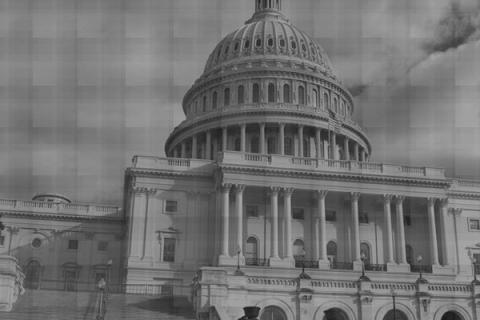
Countries all over the world are releasing official reactions to the U.S. Embassy attack in Benghazi, Libya, which took the lives of four American diplomats, including U.S. Ambassador Chris Stevens.
While most western countries have denounced the attack, this reaction has not been unanimously shared around the world. A number of Muslim countries, joined by the Vatican, have highlighted the original provocation for the protests in Libya and Egypt. That is, the targeting of Muslims and the Islamic faith in the movie "Innocence of Muslims."
President Obama reacted by saying, "I strongly condemn the outrageous attack on our diplomatic facility in Benghazi, which took the lives of four Americans, including Ambassador Chris Stevens. Right now, the American people have the families of those we lost in our thoughts and prayers."
Great Britain's Prime Minister David Cameron stood behind his country's closest ally and condemned the "senseless attack that ended the lives of people who had worked selflessly alongside Libyans during their darkest days." He exhorted the Libyan authorities to bring the attackers to justice and offered British assistance to pursue this goal.
French President Francois Hollande, successor of Nicolas Sarkozy, released a statement on behalf of the French government. Sarkozy was deeply involved in the support of the rebels during Libya's revolution. President Hollande stated, "France demands that the Libyan authorities shed all possible light on these odious and unacceptable crimes, identify the culprits and bring them to justice."
The United Nation's Security Counsel condemned the attacks, calling them "unjustifiable, regardless of motivation."
The Chinese Ambassador, Li Baodong, cautiously noted that the surrounding circumstances of the attacks are "complicated," while Russia reaffirmed its commitment to respect the rules of diplomacy by stating that any attacks against foreign diplomatic posts constitute a terrorist act that cannot be justified.
Mohammed Magarief, president of the Libyan National Assembly, apologized to "the United States of America and to the American people and to the whole world for what happened, and at the same time we expect the rest of the world to help us face these cowardly criminal acts." However, Libya's deputy ambassador in the UN, Ibrahim Dabashi, added, "We have to state the reality that the authority of the government is still not covering the whole territory of Libya."
The government of Pakistan condemned the Benghazi attacks, but also took the opportunity to "strongly condemn the airing of a defamatory video clip in the US, maligning the revered and pious personality of Prophet Mohammad." The Iranian Foreign Ministry stated, "the Islamic Republic of Iran strongly condemns insults to Islamic sanctities and sympathizes with the hurt feelings of the Islamic Umma (community)."
Prime Minister of Egypt, Hisham Kandil, said that "the film is offensive to the Prophet and immoral," but urged the Egyptian people need to express their anger with restraint.
The Vatican also joined the critics of the movie through its Press Office Director, Fr. Lombardi's statement. "The serious consequences of unjustified offense and provocations against the sensibilities of Muslim believers are once again evident in these days, as we see the reactions they arouse, sometimes with tragic results, which in their turn nourish tension and hatred, unleashing unacceptable violence." On twitter, he reminded his followers:
https://twitter.com/news_va_en/status/245905192338472962
Israel issued its condolences to the American people and distanced itself from the movie director, reportedly a citizen of both the U.S. and Israel. Spokesman for the Israeli Foreign Ministry, Yigal Palmor, said that the film "has nothing to do whatsoever with Israel."
The reactions to the embassy attacks in Libya and Egypt vary within the international community. These responses will be updated as more information become available.
